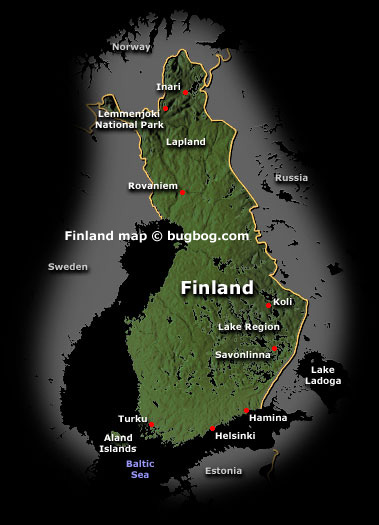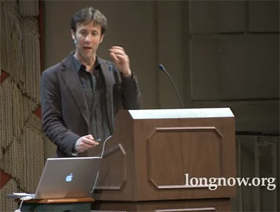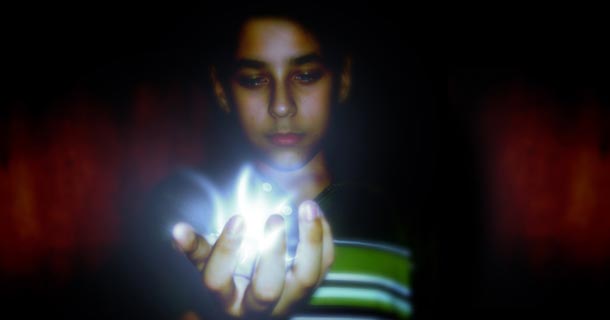 The well known sci-fi movie trilogy Back to the Future got a lot of attention online yesterday when it was “revealed” that July 5th, 2010 was the date in the future that Marty and the Doc travel to at the start of the second movie. The only problem is, as the more astute fans will know, that this date never actually featured in the movies. The date in question is actually in 2015.
The well known sci-fi movie trilogy Back to the Future got a lot of attention online yesterday when it was “revealed” that July 5th, 2010 was the date in the future that Marty and the Doc travel to at the start of the second movie. The only problem is, as the more astute fans will know, that this date never actually featured in the movies. The date in question is actually in 2015.
The mistake originated from Total Film magazine in the UK, and when they discovered their mistake, they jokingly “went back in time to fix it” (a.k.a. photoshopping a screen capture from the movie). Unfortunately, this image then spread around the Internet as “proof” that July 5th 2010 was really in the movie. Soon the Future day meme was trending on Twitter and receiving tens of thousands of searches on Google. There’s even a new variant of the image with July 6th as the date… and the meme continues.
This incident highlights both the speed at which information spreads online, and also how readily people will accept anything they read online, without taking the time to dig deeper or verify facts – something that will become more and more commonplace as we become more saturated with information from so many sources.
Read the full story at Total Film.
 39 years after it began, Internet-based electronic mail has finally been granted the same recognition as other forms of communication, meaning that it cannot be intercepted by authorities without a warrant. It’s nice to see some privacy rights being given back in a time when much of our privacy is being eroded in the name of fighting terrorism. The interesting question now is whether this will affect Project Echelon and its routine monitoring of e-mail traffic. It will also be interesting to see if it serves as a precedent for other countries.
39 years after it began, Internet-based electronic mail has finally been granted the same recognition as other forms of communication, meaning that it cannot be intercepted by authorities without a warrant. It’s nice to see some privacy rights being given back in a time when much of our privacy is being eroded in the name of fighting terrorism. The interesting question now is whether this will affect Project Echelon and its routine monitoring of e-mail traffic. It will also be interesting to see if it serves as a precedent for other countries.





 @
@ Tags:
Tags: 
 The well known sci-fi movie trilogy Back to the Future got a lot of attention online yesterday when it was “revealed” that July 5th, 2010 was the date in the future that Marty and the Doc travel to at the start of the second movie. The only problem is, as the more astute fans will know, that this date never actually featured in the movies. The date in question is actually in 2015.
The well known sci-fi movie trilogy Back to the Future got a lot of attention online yesterday when it was “revealed” that July 5th, 2010 was the date in the future that Marty and the Doc travel to at the start of the second movie. The only problem is, as the more astute fans will know, that this date never actually featured in the movies. The date in question is actually in 2015.










 Like all images on the site, the topic icons are based on images used under Creative Commons or in the public domain. Originals can be found from the following links. Thanks to
Like all images on the site, the topic icons are based on images used under Creative Commons or in the public domain. Originals can be found from the following links. Thanks to